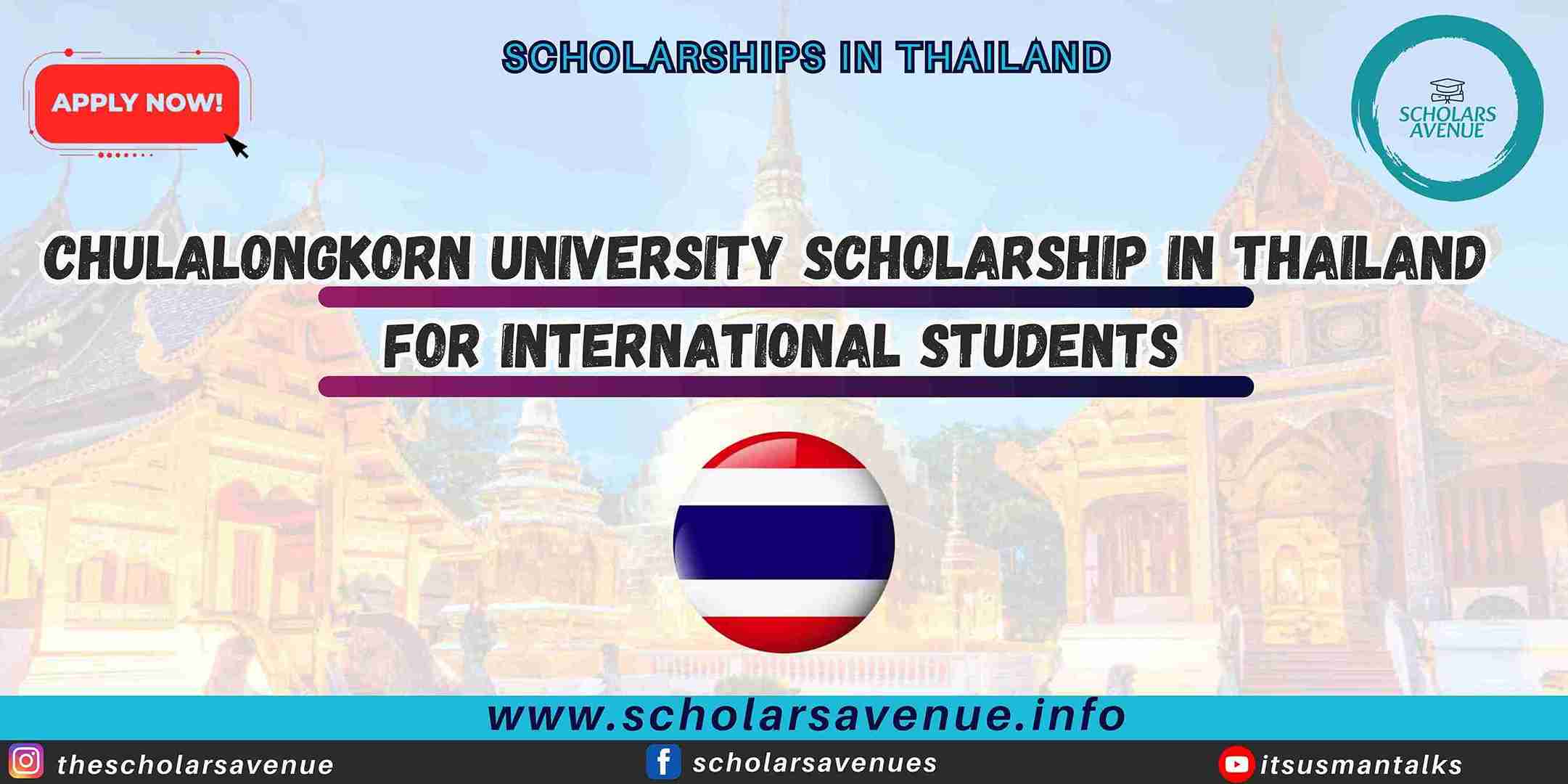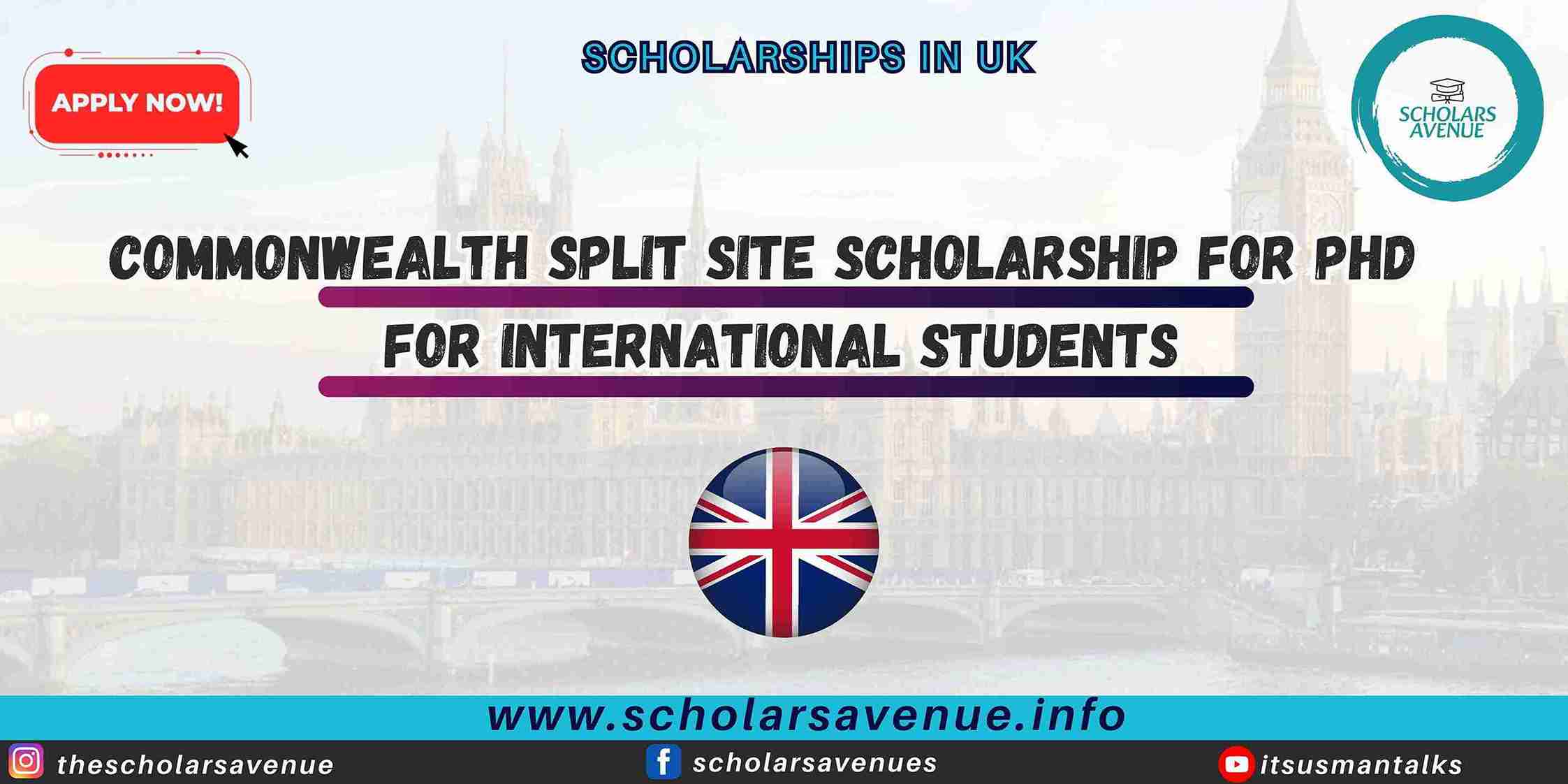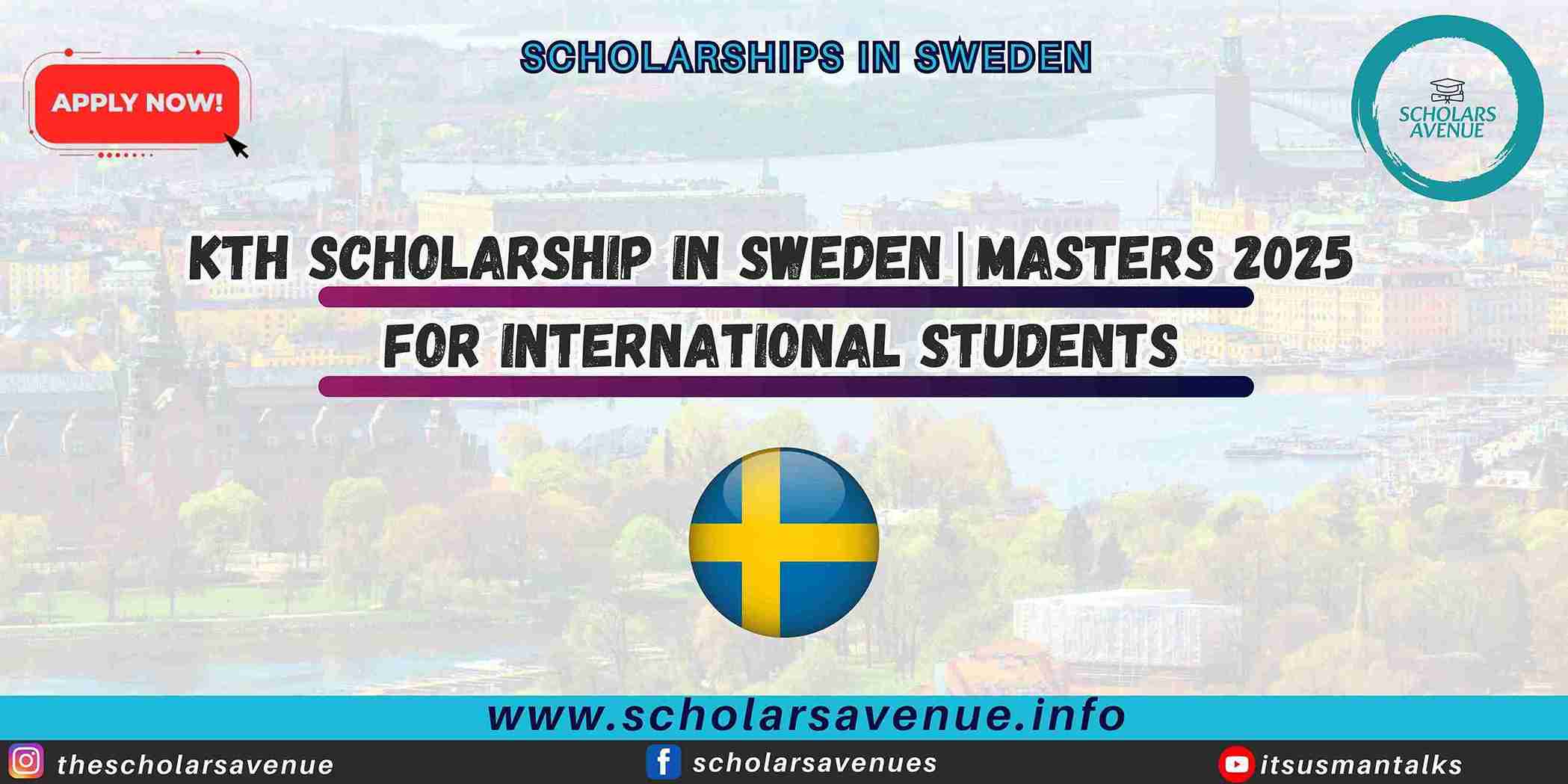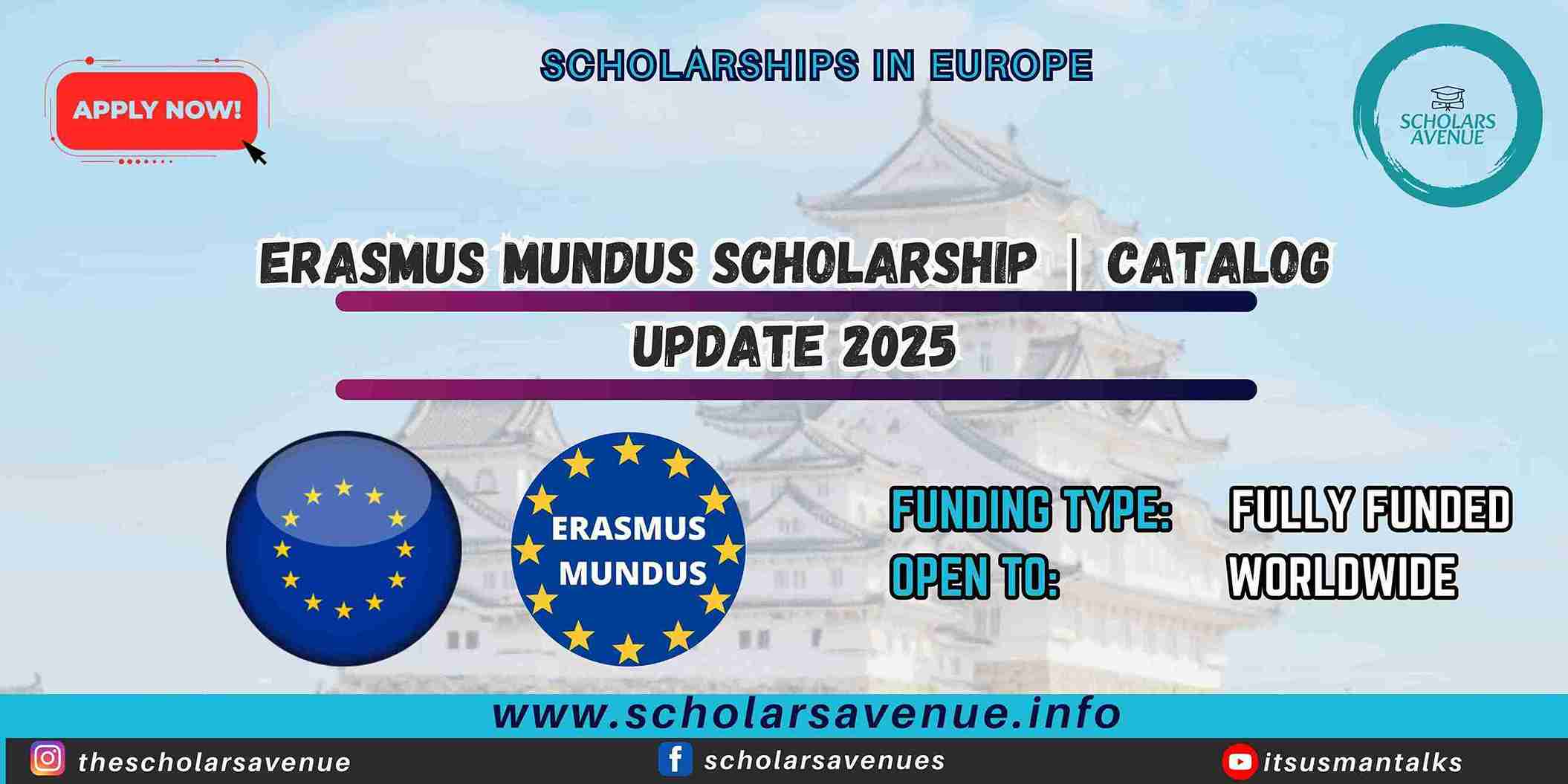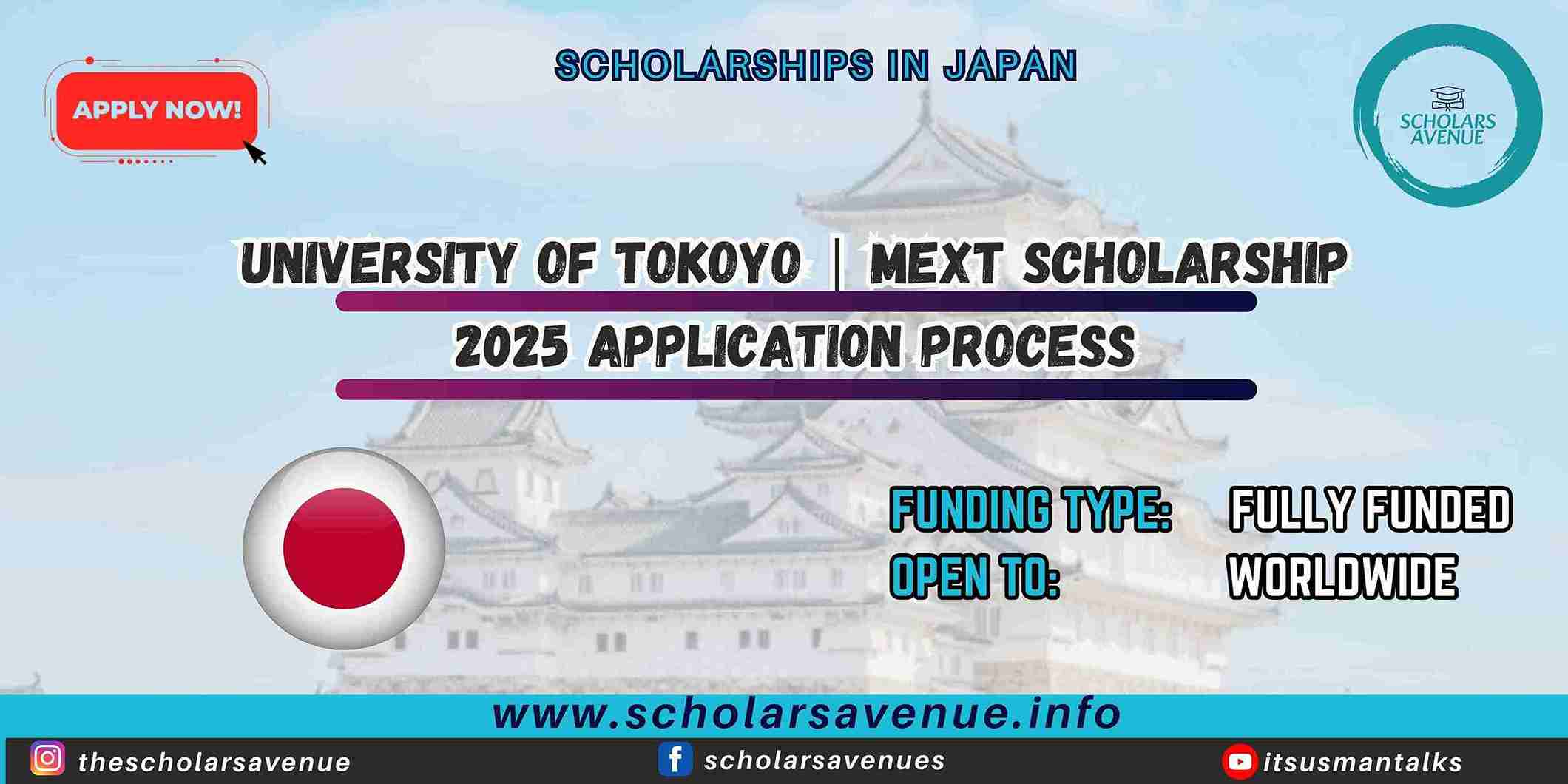If you’re passionate about pursuing a career in the fields of biomedical or biotechnology, do check out the Erasmus Mundus Biomedical and Biotechnology Programs offering world-class education and training across Europe. These programs not only provide students with cutting-edge knowledge in their respective fields but also promote international collaboration and cultural exchange. From advanced biomedical engineering techniques to innovative biotechnology applications, the Erasmus Mundus Biomedical and Biotechnology Programs prepare graduates to tackle global challenges in healthcare, sustainable resources, and technology. Here we have compiled all the Erasmus Mundus Biomedical and Biotechnology Programs, highlighting their unique focus areas, required qualifications, and potential career pathways.
Also check, Erasmus Mundus Health and Biology Programs
Erasmus Mundus Biomedical Engineering Programs:
1. Erasmus Mundus Master in Biomedical Engineering (EMMBIOME)
Focuses on bioengineering, medical devices, and biomedical technology advancements.
Required Bachelors: Biomedical engineering, bioengineering, mechanical engineering, electrical engineering, chemical engineering, or related fields.
2. Medical Technology and Healthcare Business (EMMAH)
Combines healthcare business management with biomedical engineering and medical technology.
Required Bachelors: Health sciences, biomedical engineering, Audiology, Clinical Physiology, Medical Imaging and Radiation Therapy medical imaging with knowledge in calculus and linear algebra.
3. Precision Medicine
Focuses on personalized medical treatments using bioengineering, biotechnology, and clinical data sciences.
Required Bachelors: Biotechnology, biomedical engineering, bioinformatics, or clinical sciences.
4. NeuroData – Brain and Data Science
Explores neuroscience and data science, using bioinformatics and biomedical engineering techniques.
Required Bachelors: Brain sciences, life science, physics, chemistry, engineering, or cognitive sciences with knowledge in biology, math, and programming.
5. Master’s in Sustainable Systems Engineering (EMSSE)
This program focuses on sustainable engineering solutions that intersect multiple disciplines, including biomedical engineering. It emphasizes smart system integration, renewable energy, automation, and digitalization to create environmentally-friendly engineering designs.
Required Bachelors: Computer Engineering, Electrical Engineering, Mechanical Engineering, Biomedical Engineering, Control Engineering, Industrial Engineering, Chemical Engineering, Applied Mathematics, or similar.
6. Smart Systems Integrated Solutions (SSI)
This program focuses on designing and developing smart systems by integrating hardware and software solutions. It blends disciplines such as electronics, computer science, and mechanical engineering to create innovative, intelligent systems for a variety of applications, including biomedical and industrial systems.
Required Bachelors: Electrical engineering, electronics, computer engineering, physics, materials science, mechanical engineering, biomedical engineering, or a closely related discipline.
Erasmus Mundus Biotechnology Programs:
1. CONEXUS – Marine Biotechnology
Focuses on biotechnology applications in marine ecosystems, including sustainable exploitation of marine resources.
Required Bachelors: Background in biological sciences linked to biotechnology.
2. International Master in Sustainable Drug Discovery
Explores sustainable approaches to drug discovery using biotechnology, chemistry, and bioengineering.
Required Bachelors: Degrees in pharmaceutical sciences, chemistry, biology, bio-engineering, or biomedical sciences.
3. emPLANT+
Website: emplant-master.eu
Description: Focuses on plant biotechnology and breeding for sustainable agriculture.
Required Bachelors: Degrees in agriculture, plant biology, biotechnology, biochemistry or related fields.
4. International MSc in Sustainable and Innovative Natural Resource Management
Website: sinrem.eu
Description: Covers biotechnology, bioprocess engineering, and sustainable resource management for natural resource industries.
Required Bachelors: Chemical engineering, biotechnology, environmental sciences, or process engineering.
5. BioRef – Master in Biorefinery Engineering
Website: master-bioref.eu
Description: Focuses on biorefinery processes for renewable resources, using a combination of biotechnology and chemical engineering.
Required Bachelors: Chemistry, biochemistry, chemical engineering, or biology.
Also check, Deakin International Scholarship 2025
6. NANOMED – Master in Nanomedicine
Website: master-nanomed.eu
Description: Focuses on nanotechnology applications in medicine, combining biotechnology, biochemistry, and material sciences.
Required Bachelors: Medicine, biology, biotechnology, chemistry, or biochemistry.
7. ChEMoinformatics
This program is a blend of chemistry and bioinformatics, focusing on the analysis and management of chemical data for pharmaceutical or environmental applications. Students will learn to apply computational methods to chemistry and biology problems, making it highly relevant in drug design and environmental science.
Required Bachelors: Chemistry, Physical-Chemistry, Biochemistry, or an equivalent degree with a foundation in mathematics, computer science, and physics.
8. Danube AgriFood Master (DAFM)
This program explores sustainable agricultural practices, food production systems, and resource management within the Danube region.
Required Bachelors: Agricultural Sciences, Food Science, Biotechnology, Environmental Sciences, Civil Engineering, Animal Sciences, Horticulture, Veterinary Medicine, Environmental Engineering, and related fields.
9. FIPDes – Food Innovation and Product Design
This program covers the entire food innovation process, from product design and development to food processing and safety, with a strong focus on sustainable practices.
Required Bachelors: Food Science, Biotechnology, Process Engineering, Biochemistry, or related fields with prerequisites in Chemistry, Biotechnology, Process Technology/Engineering, and Mathematics.
The Erasmus Mundus Biomedical and Biotechnology Programs offer a diverse array of opportunities for students aiming to become leaders in the fields of biomedical engineering, biotechnology, and related industries. With programs tailored to cutting-edge advancements such as precision medicine, sustainable drug discovery, and nanomedicine, these programs equip graduates with the skills needed to innovate and contribute to vital sectors. By enrolling in the Erasmus Mundus Biomedical and Biotechnology Programs, students gain access to a global network of researchers, professionals, and academic institutions that can propel their careers forward. If you are ready to embark on a transformative educational journey, these programs may be the key to unlocking your potential.
Also check, Best Job Search Websites For Students In Canada
Looking to maximize your chances of acceptance?
Consider using our Professional Services to polish your application and stand out from the crowd.
For detailed videos on relevant opportunities check out:
Frequently Asked Questions (FAQs)
Are there any Erasmus Mundus Biomedical and Biotechnology Programs?
There are several Erasmus Mundus Biomedical and Biotechnology Programs that focus on specialized areas in biomedical engineering and biotechnology. These programs are designed to provide students with advanced education and practical skills through international collaboration and mobility across European universities.
What is the benefit of studying under Erasmus Mundus?
The Erasmus Mundus Programs offer a unique opportunity to study in multiple countries, gain exposure to diverse academic perspectives, and build a global network. Students also receive scholarships that cover tuition, travel, and living expenses, making it an attractive option for international students.
How can I apply for Erasmus Mundus programs?
Applications for the Erasmus Mundus Programs can be submitted through the official websites of each program. The application process typically involves submitting academic transcripts, letters of recommendation, a CV, and a statement of purpose. Some programs may also require specific language proficiency tests like IELTS or TOEFL.
What kind of career opportunities can I expect after completing Erasmus Mundus Biomedical and Biotechnology Programs?
Graduates of the Erasmus Mundus Biomedical and Biotechnology Programs can pursue careers in various sectors, including healthcare, pharmaceuticals, biomedical research, biotechnology industries, and academia. The international nature of these programs also opens doors to global job markets.
Who can apply for the Erasmus Mundus Biomedical and Biotechnology Programs?
Each program under the Erasmus Mundus Biomedical and Biotechnology Programs has its own specific entry requirements. Generally, applicants should have a relevant bachelor’s degree in fields such as biomedical engineering, biotechnology, chemistry, biology, or other related disciplines, depending on the program focus.
Can I study in more than one country during the Erasmus Mundus Scholarship?
Yes, one of the hallmarks of the Erasmus Mundus Programs is the opportunity to study at multiple universities across Europe. This allows students to gain a diverse and enriched educational experience, benefiting from the expertise and resources of different institutions.


